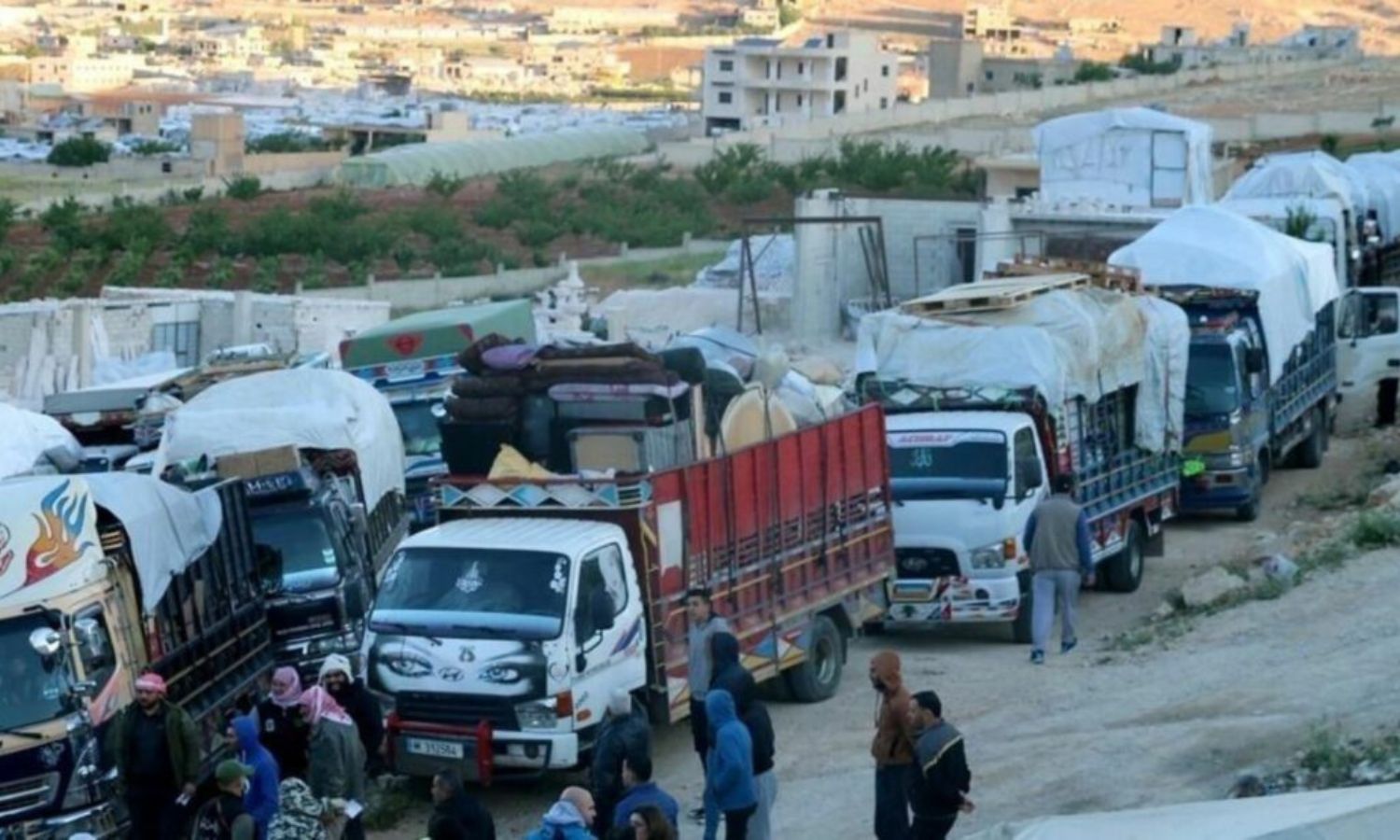



The United Nations High Commissioner for Refugees (UNHCR) has confirmed that it does not currently encourage wide-scale voluntary return of Syrian refugees.
The UNHCR justified its stance in its report issued on Tuesday, August 6, stating that the necessary security and material conditions for return are not yet available.
The report noted that the Syrian crisis has entered its 14th year, but the security, social, and economic situations continue to deteriorate. It also mentioned that it continues to work on addressing the concerns of returning internally displaced persons and refugees at risk through protection services and assistance in their areas of return, regardless of the method of return.
The UNHCR aims to enhance the resilience of refugees and the communities hosting them, which helps ensure that any return is safe and sustainable. It also leads the collective efforts of civil society in Syria to address existing obstacles to return and calls on all relevant stakeholders to create a conducive environment for voluntary return, guided by refugee choices and international standards.
Since 2017, UNHCR has conducted surveys in major refugee-hosting countries – Jordan, Lebanon, Iraq, and Egypt – to gauge the perceptions and intentions of Syrian refugees concerning their return. These studies have consistently shown that most Syrian refugees still hope to return to Syria one day, but various obstacles continue to prevent many from doing so.
Some of these obstacles pertain to safety, security, and legal concerns, as well as issues of a material or economic nature, lack of livelihoods and job opportunities, access to basic services and housing, and the lack of financial resources needed for return and reintegration.
On May 27, Amnesty International confirmed that human rights organizations unanimously agree that there is nowhere in Syria that can be considered safe for the return of refugees.
Aya Majzoub, Deputy Director of the Middle East and North Africa Regional Office of Amnesty International, emphasized that donor governments at the Brussels conference, especially European Union member states, should ensure that no funds pledged to support Syrian refugees in Lebanon contribute to human rights violations, including the forced deportation of Syrian refugees from Lebanon to Syria.
A report issued by the United Nations Human Rights Council on February 13 noted that violations and abuses documented were committed by the government, de facto authorities, and other armed groups across Syria.
The report mentioned violations such as arbitrary detention, torture, ill-treatment, sexual and gender-based violence, enforced disappearance, and abduction.
People have also been subjected to extortion and property confiscation and deprived of identity cards and other documents, while the entire Syrian population faces these human rights violations and abuses, with returnees seemingly more at risk than others.
if you think the article contain wrong information or you have additional details Send Correction